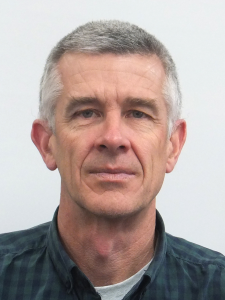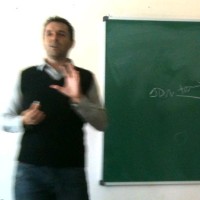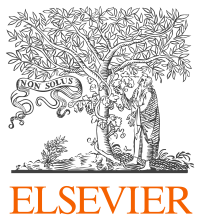The megajournal PLOS ONE will be correcting about 1,000 papers over the next few months, Retraction Watch has learned, and will add an author proof step – a first for the journal.
The corrections are for “errors in author names, affiliations, titles and references; to make minor updates to the acknowledgements, funding statements, and data availability statements, among other minor issues,” PLOS ONE head of communications David Knutson told us. He continued:
Continue reading Exclusive: PLOS ONE to correct 1,000 papers, add author proof stepThis batch of corrections does not reflect a recent change in the journal’s quality control standards or processes. Rather, we are clearing a backlog that accumulated during a 2-year period when minor corrections were deprioritized and resources were diverted to other areas. PLOS ONE is in the process of implementing an author proof step so that in the future such errors can be identified and addressed prior to publication.









